When a homeowner deals with a lawn that has been invaded by insects, the first line of defense is often to apply an insecticide. But what happens when the insecticide starts killing the grass as well? Will it kill the grass or just the insects? Fortunately, we compiled our research to answer this properly.
Insecticides can definitely kill both the grass and the grass seed in your yard. If you're planning on using insecticide in your yard, it's important to know what you're doing so you don't accidentally kill off your grass. So, it would be better to prepare and plan everything before adding insecticide to your lawn.
In this blog post, we will explore the answers to these questions. We will also provide tips on how to avoid this problem from happening in the first place. So, if you are dealing with an insect-infested lawn, keep reading!
What Is an Insecticide?
Insecticides are chemicals used to kill or control pests. Some insecticides work by directly affecting the pest, while others work by disrupting the life cycle of the pest. These can be natural or synthetic, and they can be used in various settings, including agriculture, public health, and home gardens.
Insecticides are typically classified according to their mode of action, which is the mechanism by which they kill or control pests. For example, contact insecticides kill pests by physically touching them, while systemic insecticides are absorbed by the pest and then distributed throughout its body.
Besides that, insecticides can also be distinguished according to their toxicity, with some products designed for use around children and pets and others intended for more restricted use. Regardless of their classification, all insecticides should be used with care to avoid harming non-target organisms.
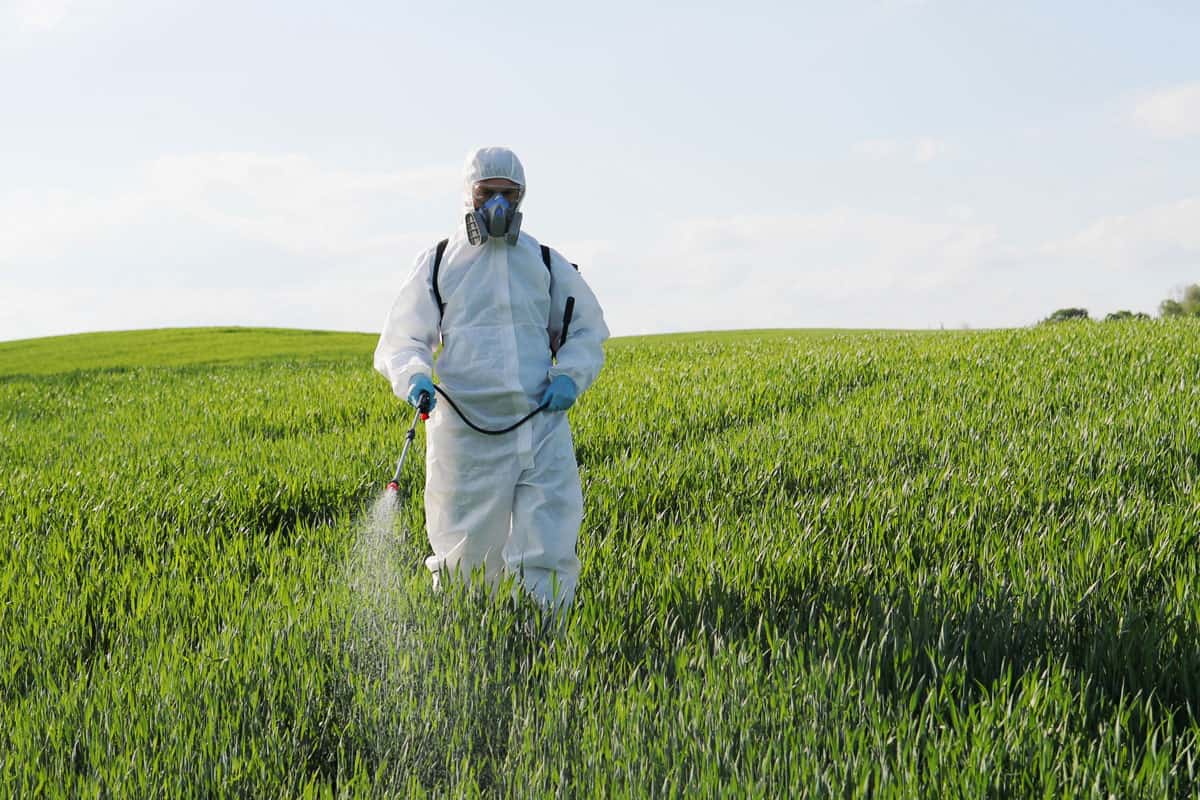
What Are the Effects of Insecticide on Grass or Grass Seed?
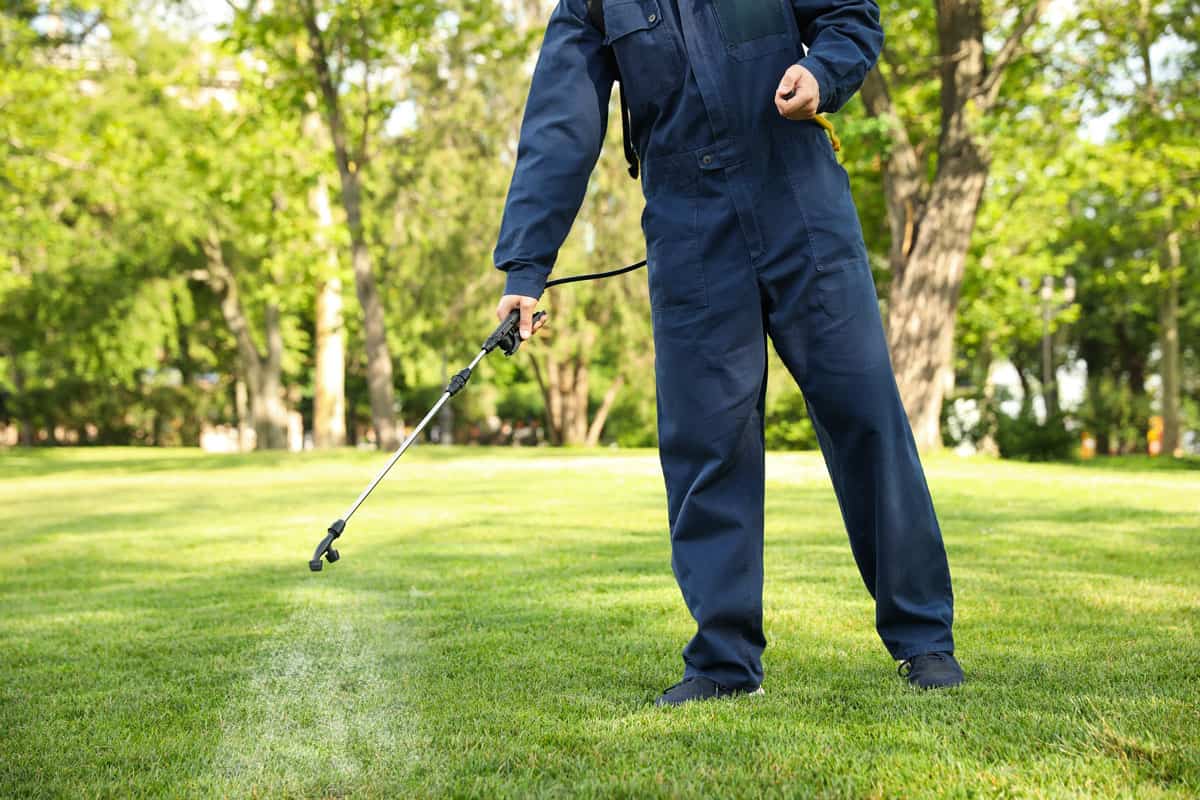
"Insecticide" is a broad category of pesticide that includes any chemical designed to kill insects. While insecticide can be an effective way to control harmful pests, it can also have a number of negative effects on grass or grass seed.
- Insecticides can kill beneficial insects as well as pests.
- It can linger in the environment and be harmful to other animals and plants long after it has been applied.
- Insecticides can contaminate water supplies and make them unsafe for human consumption.
- Some insecticides are toxic to humans and can cause serious health problems if inhaled or ingested.
- Insecticide can damage or kill grass, especially when it is applied in high concentrations or over a large area. In general, it is best to use insecticide only as a last resort and to take care to avoid harming non-target organisms when applying it.
How to Properly Use Insecticide to Kill Insects Without Harming Grass or Grass Seed?
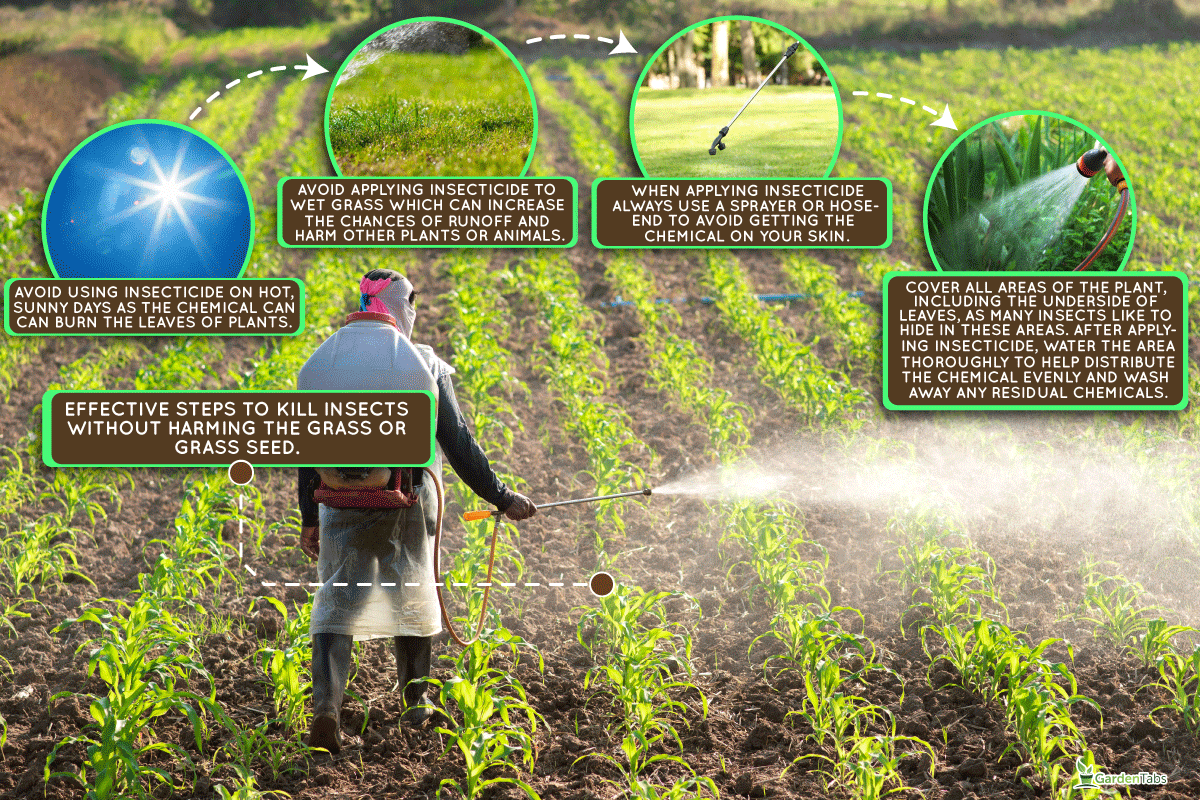
An insecticide is a common household item used to kill insects, but it can also harm grass and grass seed. When using insecticide, be sure to follow the manufacturer's instructions carefully.
Avoid using insecticide on hot, sunny days as the chemicals can burn the leaves of plants. It is also important to avoid applying insecticide to wet grass as this can increase the chances of runoff and harm other plants or animals.
When applying insecticide, always use a sprayer or hose-end applicator to avoid getting the chemical on your skin. Be sure to cover all areas of the plant, including the underside of leaves, as many insects like to hide in these areas.
After applying insecticide, water the area thoroughly to help distribute the chemical evenly and wash away any residual chemicals. Insecticide can be an effective way to control insects, but it is important to use it safely and properly to avoid harming plants or grass seeds.
By following these simple steps, you can use insecticide to kill insects without harming your grass or grass seed.
The Benefits of Using Insecticide
As any gardener knows, pests can quickly destroy a healthy plant. Insects such as aphids, caterpillars, and grubs can devour leaves, stems, and roots, leaving plants weak and vulnerable.
In addition, many pests carry diseases that can infect both plants and people. Fortunately, there are a number of ways to control pests in your lawn or garden. One of the most effective methods is to use insecticide.
When used correctly, it can help to protect your plants from damage and disease. Here are six benefits of using insecticide to get rid of unwanted pests in your lawn or garden:
- Insecticide is an effective way to kill or repel insects.
- It helps to protect plants from damage and disease.
- It is relatively easy to apply.
- It is available in a variety of forms, including liquids, powders, and granules.
- It can be used on both indoor and outdoor plants.
- It is safe for humans and animals when used as directed.
What are the Precautions You Should Take Before Using Insecticide?
Taking proper precautions before using an insecticide is essential to ensure your safety and the safety of those around you. First, be sure to read the label carefully and follow all directions. Second, wear the proper protective gear, including gloves, a face mask, and protective clothing.
Third, ventilate the area well before spraying, and keep children and pets away from the area until the spray has dried. Finally, wash your hands thoroughly after spraying. By taking these simple precautions, you can safely use insecticide without putting yourself or others at risk.
How to Store Insecticide?
Safe storage of insecticides is important to prevent accidental poisoning or environmental contamination.
The insecticide should be stored in a cool, dry place, away from food and out of reach of children and pets. It should also be clearly labeled and kept in its original container.
When disposing of insecticide, it is important to follow the instructions on the label. The best way to avoid the need for insecticide is to practice preventive measures such as using screens on doors and windows and sealing cracks and crevices where insects can enter.
When to Apply Insecticide?
In order to protect your plants from damage caused by insects, it is important to apply insecticide at the right time.
For most garden pests, an insecticide applied in early spring will be more effective because the insects are less active and more vulnerable at this time of year. As a result, it is crucial to plan ahead and apply insecticide in early spring in order to achieve the best results.
You should also avoid applying insecticide during a rainstorm, as the rain will wash away the chemicals before they have a chance to work. By following these simple tips, you can ensure that your plants stay healthy and pest-free all season long.
Which Types of Insects Are Most Likely to Be Killed by Insecticide
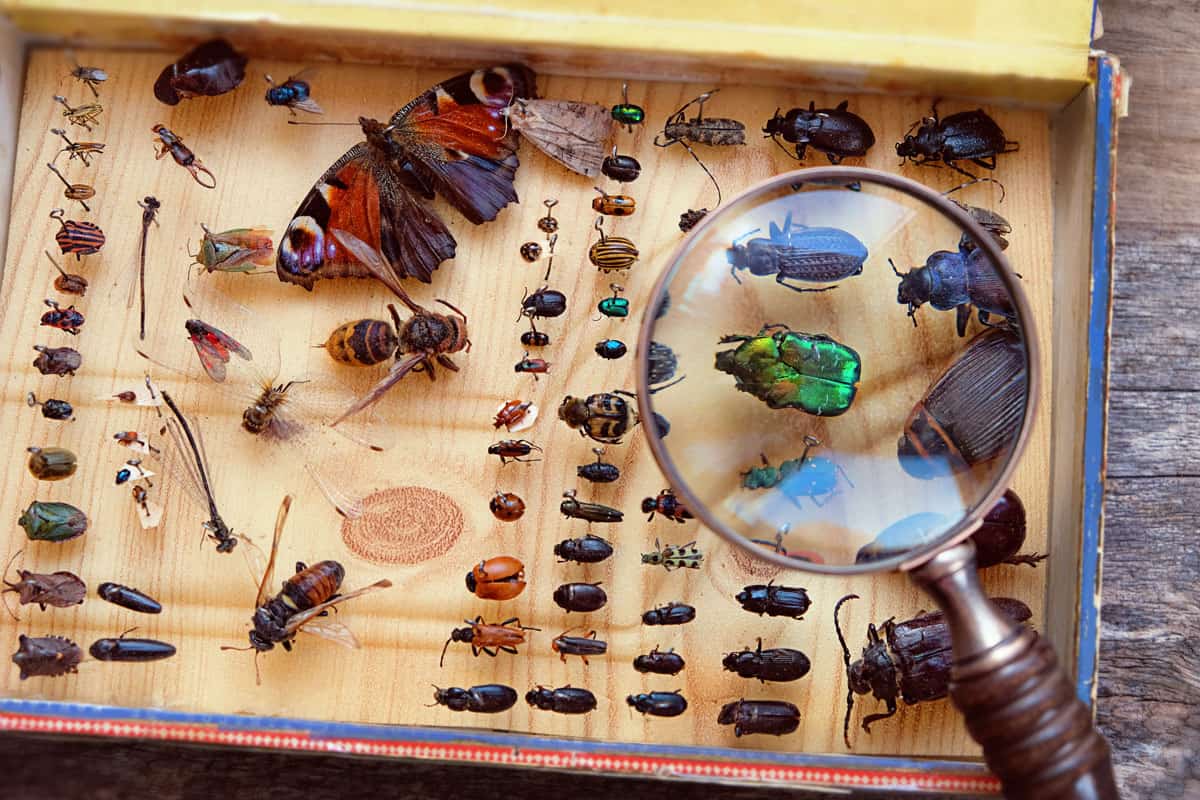
An insecticide is designed to kill insects, but not all insects are equally susceptible to its effects. In general, small insects are more vulnerable than large ones.
This is because they have a larger surface area-to-volume ratio, which means that they absorb more of the insecticide.
Additionally, young insects are usually more susceptible than adult insects. This is because their bodies are not yet fully developed, and they lack the protective mechanisms that adults have.
Finally, some insects are simply more vulnerable to insecticide than others. For example, mosquitoes are particularly susceptible to many common insecticides, while cockroaches are relatively resistant.
Knowing which types of insects are most likely to be killed by insecticide can help you to choose the most effective product for your needs.
Alternatives to Using Insecticide
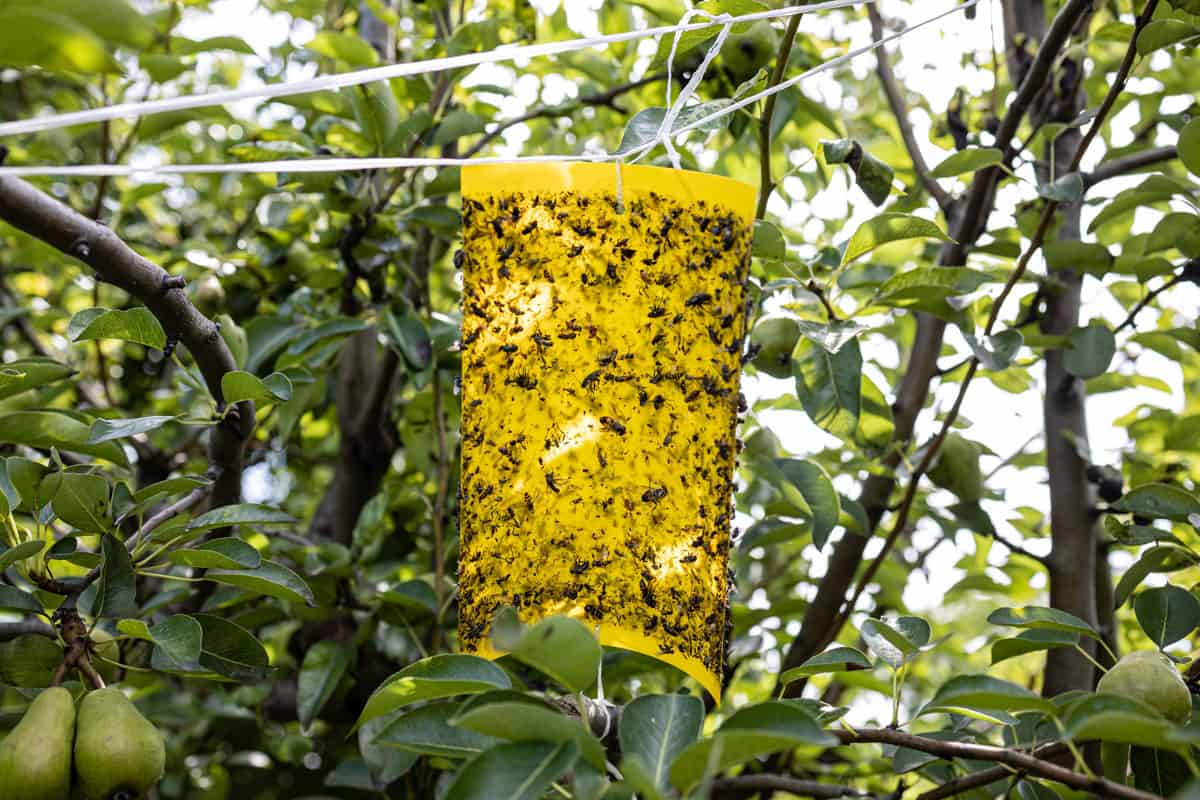
Although insecticide can be an effective way to control pests, there are a number of potential drawbacks to using it.
Insecticides can be harmful to the environment, and they can also kill beneficial insects that help to control pests. In addition, insecticides can be expensive, and they could require multiple applications to be effective.
Fortunately, there are a number of alternatives to using insecticides that can be just as effective at controlling pests.
- One such alternative is using traps. Traps can be baited with food or placed in areas where pests are known to congregate.
- Another alternative is using natural predators to control pests. For example, ladybugs feed on aphids, and bats eat mosquitoes.
- Neem oil, for example, is a natural substance that has been shown to be effective against a variety of insects. It works by disrupting the life cycle of the insect, and it is relatively safe for humans and animals.
By employing these and other non-toxic methods of controlling insects, it is possible to reduce the need for insecticide without sacrificing effectiveness.
Final Words
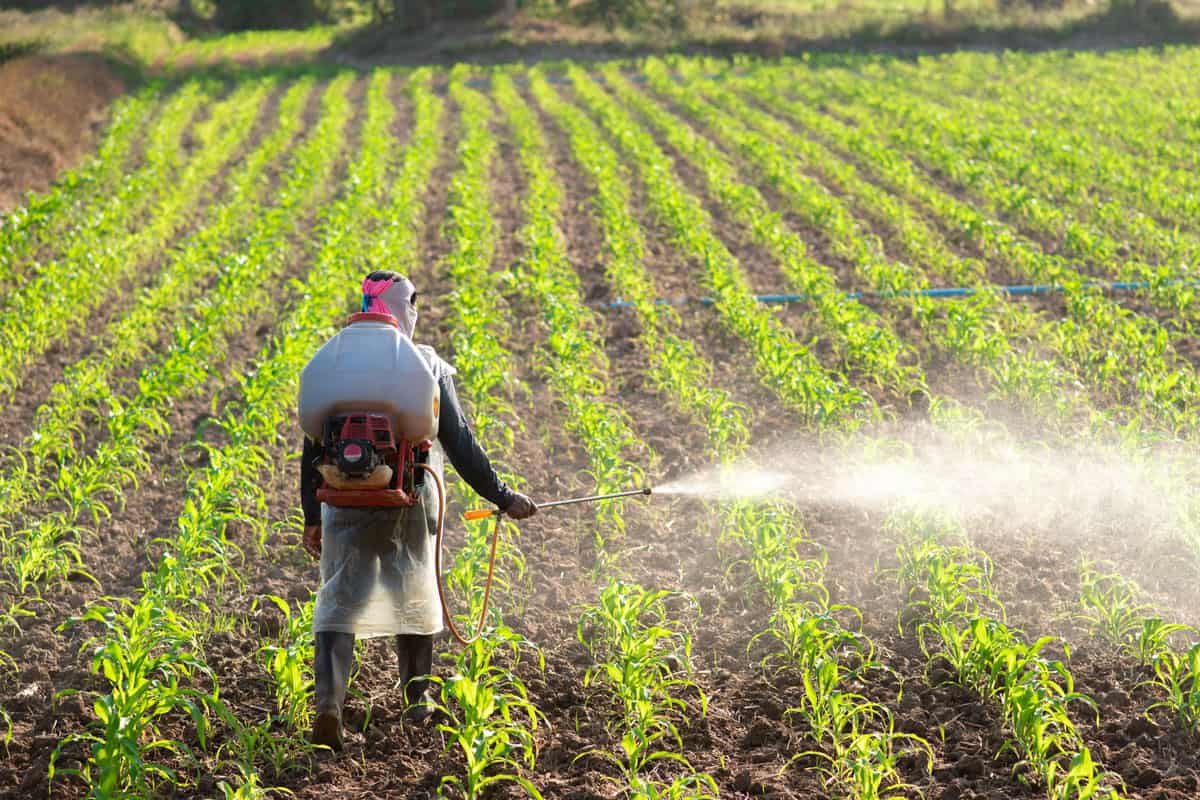
Some insecticides may kill both the grass and the seeds, while others may only affect the growth of the grass. When in doubt, test a small area before applying any insecticide to an entire lawn.
To get more tips about gardening, keep following our posts below:


